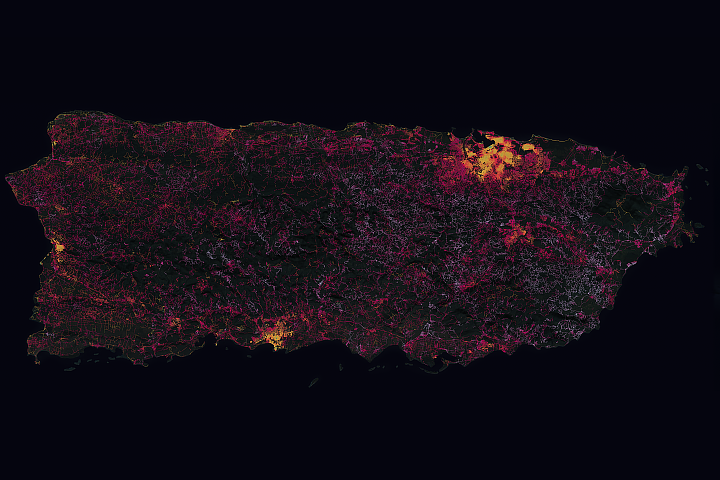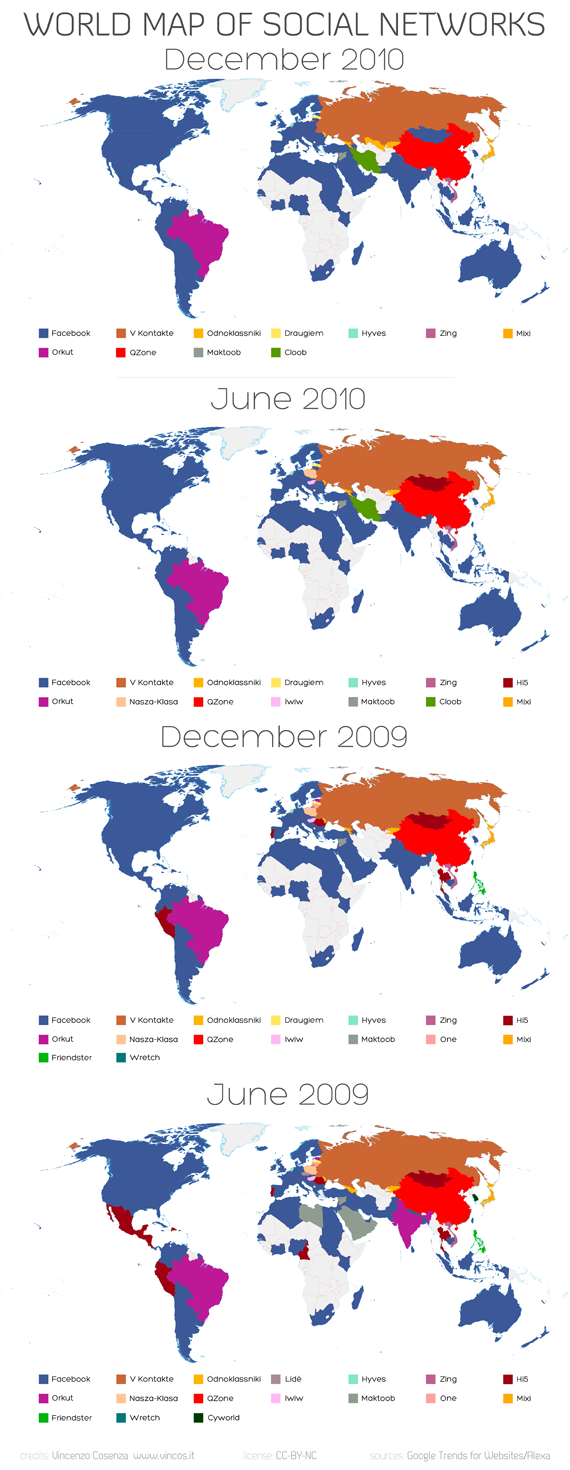.
The Times
November 05, 2005
Fine words cannot disguise it: the clash of civilisations is real
Michael Burleigh
.
Michael Burleigh is author of Earthly Powers. Religion and Politics in Europe from the French Revolution to the Great War
http://article.wn.com/link/WNAT378F4D685C71A81522BA7FA5F891ACD8?source=templategenerator&template=womansglobe/index.txt
.
.














No comments:
Post a Comment